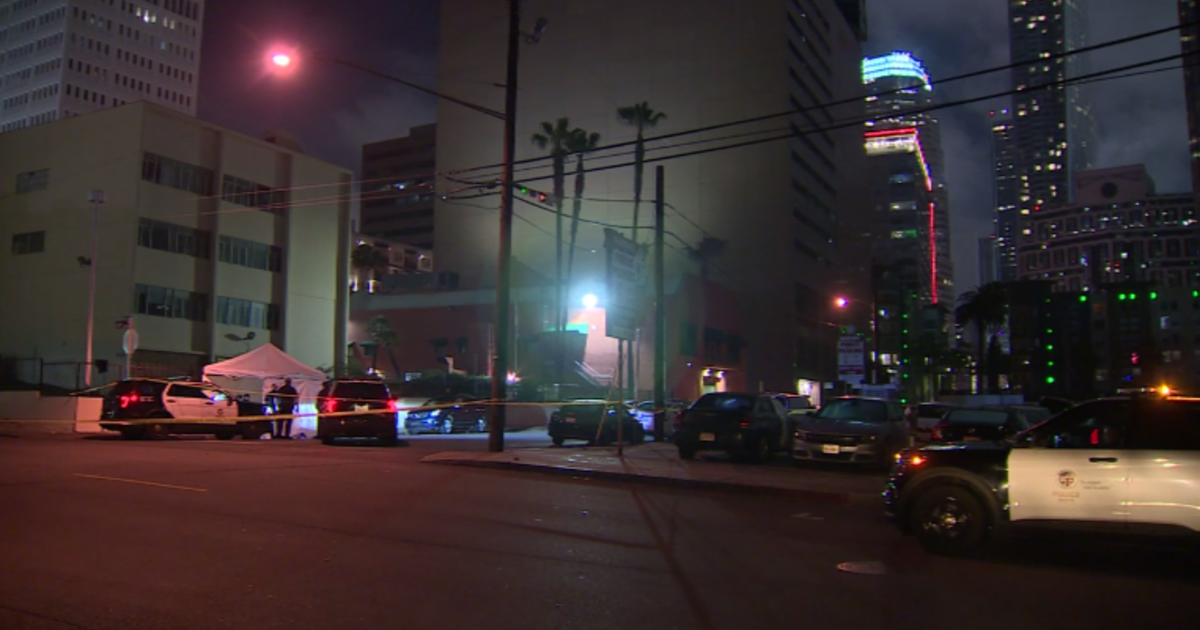How To Protect Your Credit Cards From Being Skimmed
LOS ANGELES (CBSLA.com) — The average American owns at least four credit cards.
But the more cards you have and the older they are, the greater the risk that someone can steal data embedded in those cards in what's commonly known as credit card "skimming".
Professor Anthony Rowe focuses on analyzing low-power wireless sensing devices, technology found in credit cards, drivers licenses, passports, door openers, security badges and many everyday tools that use radio frequency identification technology, or RFID.
He says anyone can buy an RFID reader for $200 and conceal it in a briefcase or handbag. All the thieves need to do is walk by their unsuspecting victims within a few feet and discreetly steal their private information.
"You can imagine someone stealing your identity, running up debt, buying things they shouldn't be able to, accessing other information about you," Rowe said.
"You'll bring this RFID chip within range of a reader device or sometimes they call it an interrogator. And it's basically sending out an electromagnetic field," the professor added. "The chip inside of your card is going to harvest a little bit of energy from that field that's enough to power some electronics that are located there. And then it will send that information back to the reader."
But there are ways to protect yourself by using an RFID-blocking wallet or something as simple as an Altoids box. The metal from the box blocks the card from being read.
And what about those new updated chip cards? Rowe said they do offer some protection from remote skimming.
"They're still sending data to skimmers, but the idea is that the newer cards make that data less valuable," Rowe added.
If your bank has not sent you a new card with a chip in it, you can ask them to do it to better protect yourself. And always monitor all your credit card activities.



